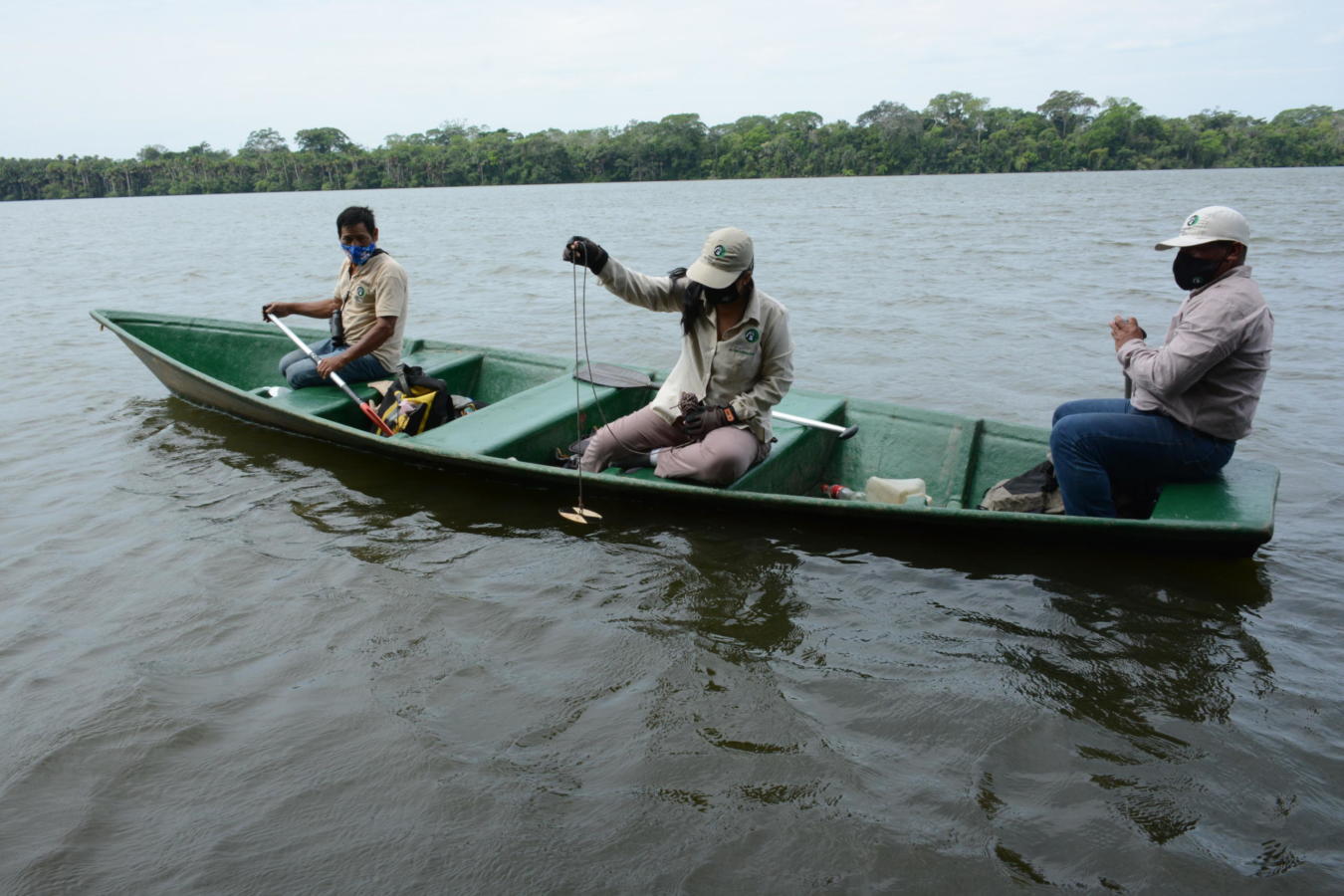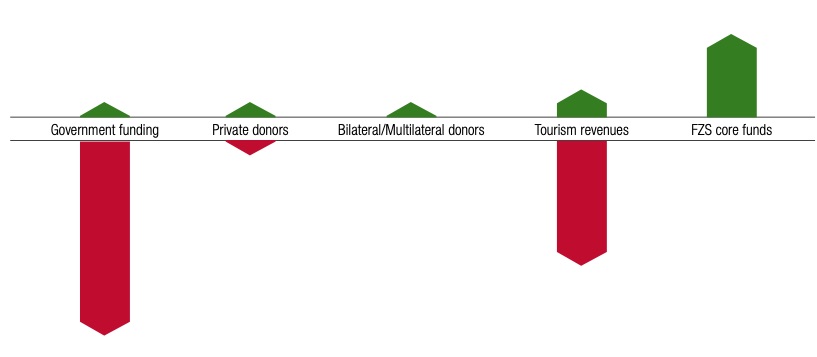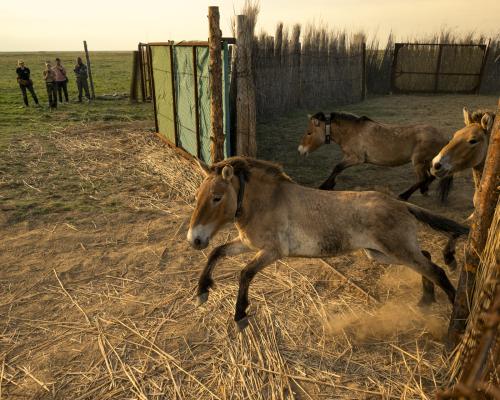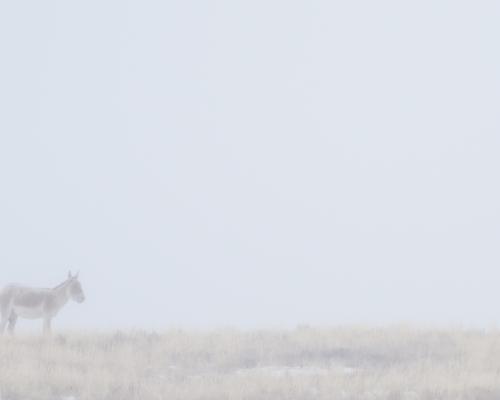The COVID-19 pandemic has caused negative impacts to most places where FZS operates, but the crisis also provides valuable learnings and opportunities that could strengthen protected areas in the future.

COVID-19 pandemic impacts on FZS supported sites
In March 2020, the World Health Organization declared COVID-19 a public health emergency of international concern. Shortly after, FZS launched a multi-year study researching the impacts of the COVID-19 pandemic on protected areas.
The first phase of the study, led by Ph.D. researcher Paula Roig-Boixeda, was a survey that collected data from FZS project leaders and partners working in 23 FZS projects and 29 protected areas around the globe. The results of the survey are now available, key learnings from which are highlighted below.
“The pandemic has been an intensifier of already existing challenges.”
A significant decline in government budgets and losses in tourism revenue has impacted over half of the protected areas included in the study. The budgets of protected areas that are highly reliant on international visitors, such as the Serengeti National Park in Tanzania, were hit particularly hard.
FZS has been able to cover some of these losses, and fortunately, many private and international public donors kept supporting the protected areas where FZS operates, also in some cases donors provided emergency funding. But nonetheless, gaps in funding remain.

The impacts of human pressure on FZS projects and protected areas varied widely from place to place. In Africa, for instance, FZS staff reported that bushmeat hunting has increased but not as much as was initially predicted.
In South America, however, threats increased more than expected. Replies to the survey from FZS staff and partners in Peru, Colombia, Guyana, and Brazil suggested concerning increases in threats such as alluvial gold mining. The reasons could include local economic hardship triggered by COVID-19 and the reduction, or lack of patrols resulting from the lockdowns.
“We learned that we were not ready for an emergency situation. We had to learn on the way; there were no guidelines to apply.”
In the future, the study will be expanded to include additional protected areas, and follow-up surveys will take place. The findings have also already been used by high-level global organization IUCN-World Commission on Protected Areas in a special issue on COVID-19 and Protected and Conserved Areas featured in their PARKS Journal.











